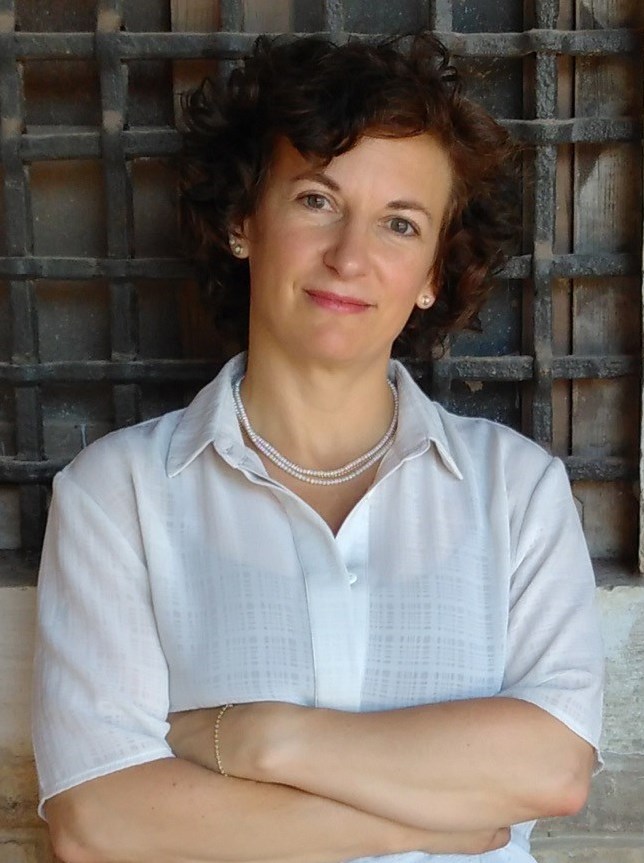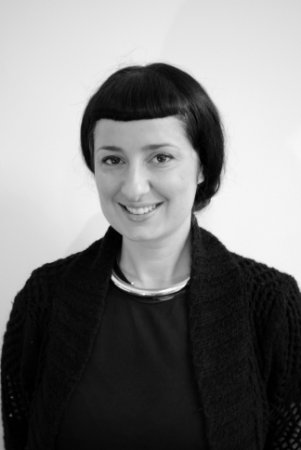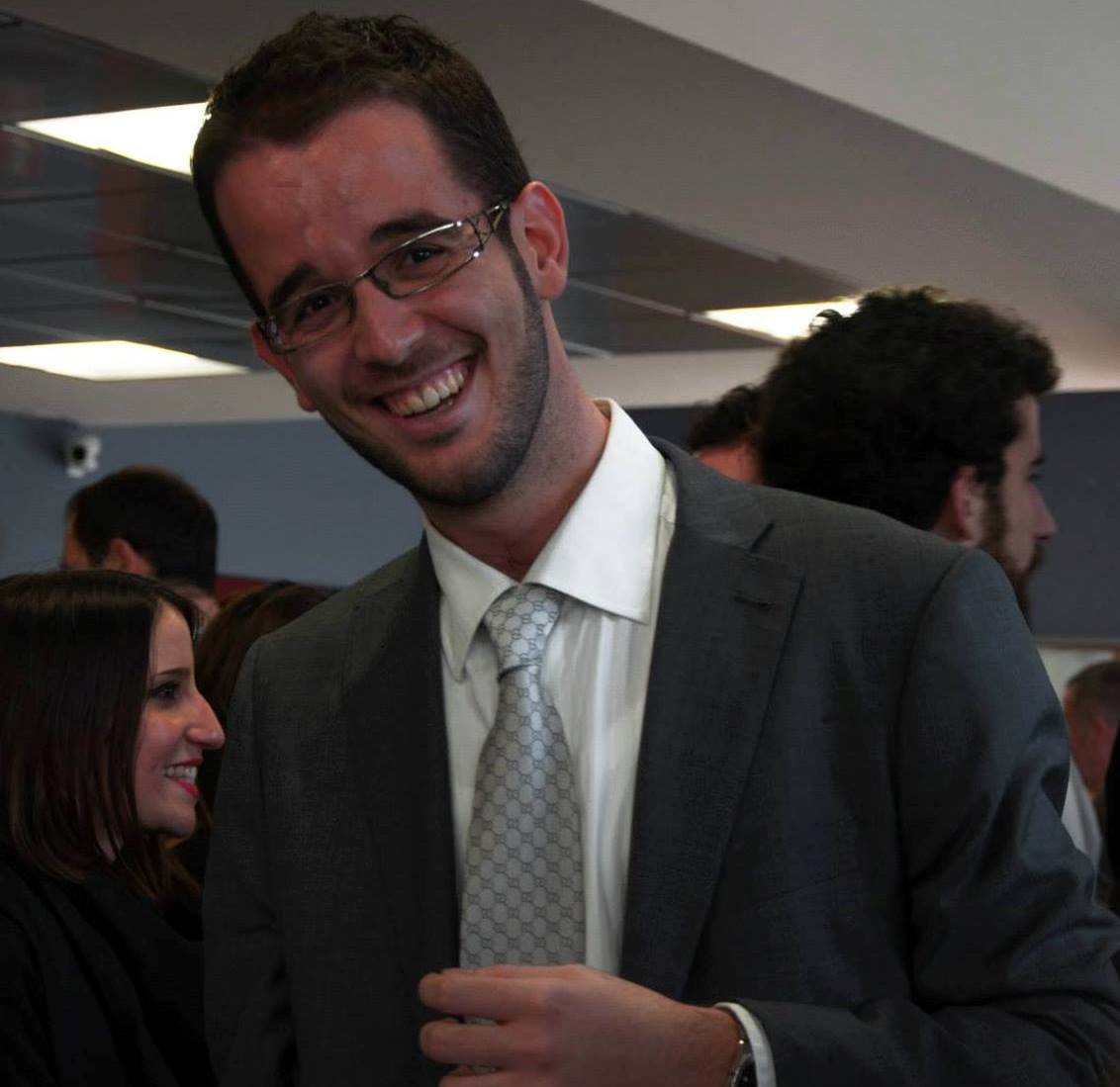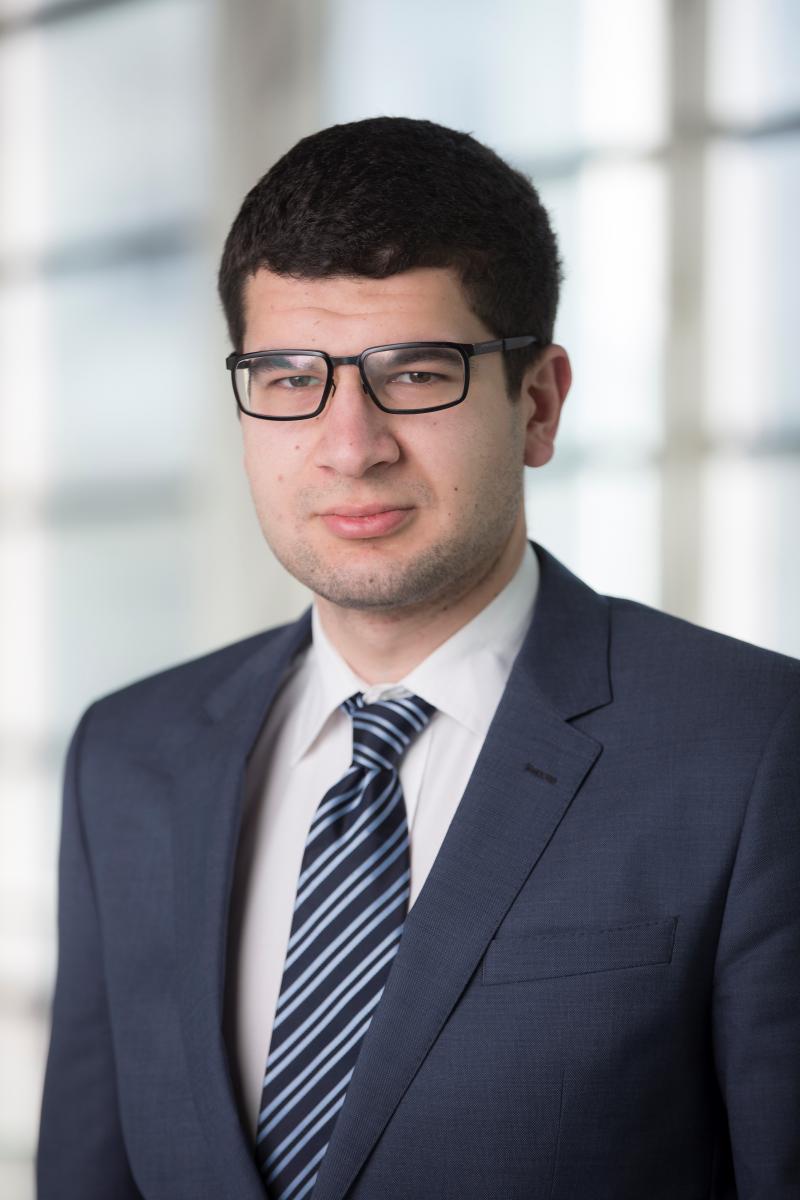Our students of the second edition (3-8 July 2017)
|
|
AVIVA DE GROOT
Aviva de Groot has an earlier career in design and construction of filmsets. When she switched to law, she worked in a pro bono office where she focussed on administrative law and information law/privacy issues. She was this year's coordinator for the interdisciplinary Minor Privacy Studies at University of Amsterdam and is writing her thesis at the Institute for information Law (IViR) on the rules that govern the privacy of patients interacting with social robots in the (para)medical sector and what issues arising from human robot interaction should be addressed to protect patient's rightful expectations in this emerging practice. |
|
|
|
JEAN-MARC DELTORN
After some scientific studies (PhD in physics from Paris University) I went on conducting research in the public and private sectors in the US and Europe, ending up specialising in intellectual property in the field of algorithms and their applications. I later studied law at the University of Strasbourg, where I am currently pursuing a PhD on the relationship between artificial intelligence and the legal norms at the International Centre for the Study of Intellectual Property. My main focus concerns the impact of new forms of statistical generative processes (such as machine learning) on the intellectual property regimes (copyright law, patent law) as well as on fundamental rights (in particular, personal data protection and privacy rights). |
|
|
|
CHIARA GARATTINI
Chiara Garattini is an anthropologist part of the Health & Life Sciences group at Intel. Previously to this, she worked in the field of death studies for her doctoral dissertation (Maynooth University) and subsequently on ageing, technology and chronic illnesses as postdoctoral researcher and ethnography lead at the Technology Research for Independent Living (TRIL) Centre, University College Dublin. Her expertise revolves mainly around health, technology, and user experience (UX) research. She has a particular interest in exploring the way people understand and interact with technologies, and the challenges faced when technology is translated from the lab to the real world. Her research currently focuses on biotechnology, machine intelligence and bioethics.
|
|
|
|
TINA SEVER
Tina Sever Is an Assistant Professor at the Faculty of Administration, University of Ljubljana (UL). In 2006, she obtained a BSc degree at the Faculty of Law, UL and in 2014, a PhD at the European Faculty of Law. In 2007 and 2008, she was a trainee at the Administrative Unit of Ljubljana, European Commission (Directorate General for Translation in Luxembourg) and European Ombudsman. She passed a Bar Examination Traineeship at the Higher Court of Ljubljana in 2009. In October 2008, she became a teaching assistant at the UL and in December 2016, she was appointed Assistant Professor. She publishes and researches in the field of public administration and administrative law. |
|
|
|
BJÖRN KAHL
Dr. Björn Kahl works currently at the Institute for Production technology and Automation (IPA), one of the largest institutes in the German Fraunhofer society. He is with the department for robotics and assistive systems and manages several national and international research projects. He has a background in physics and received a PhD for work on virtual reality based programming of industrial robots. His current research interests are in the field of applying AI for natural human robot interaction, as well as on using AI to support building and developing robot systems. In his spare time he likes to watch movies, read a good book or go hiking. |
|
|
|
MIRKO FORTI
Ph.D. Candidate in International and European Law at the University of Genova. Research field "International and European Legal Frameworks of Cyberspace" Graduated in Law from University of Pisa with Honors; obtained also a "Diploma Supplement" in "International and European Law" attending several optional courses in related fields. Author published on Law Journals like Asia-Pacific Journal of Ocean Law and Policy, Cammino Diritto, Studio Cataldi. Former Member of the City Council of the Municipality of Cascina (PI). Member of "Avvocati di Strada", a No-Profit Association which provides legal assistance to homeless people. |
|
|
|
SUFJAN DOULA
Born in 1991, of a Czech-Tunisian and German background, Sufjan followed his passion for Technology and Humanities and obtained a B.Eng. degree in Robotics&Cybernetics (2014) from the Czech Technical University and University of Adelaide and a Magister Iuris (Master’s) degree in Law and Jurisprudence from the Charles University in Prague (2016). To bridge these, by then so different subjects, he went on to study the MSc programme in Management & Finance at Imperial College London and HEC Paris, which he finished in 2016 with distinction. At Imperial College, during a lecture organised by the Italian Society, he met prof. Carrozza and became very interested in the Robolaw project, that combines the broad knowledge he gathered during his studies and indicates the importance of these two areas for the future. Sufjan has professional experience in law, finance and automotive industry. |
|
|
|
SILVIA DI CARLO
Following her participation in an AFS annual program in China, she moved to The Netherlands where she studied International and European Law at The Hague University of Applied Sciences. During her bachelor degree, she spent a semester abroad as an exchange student at Southwestern Law School in Los Angeles (California). Back in The Hague, she firstly interned for a tax law firm and later joined an Amsterdam-based telecom software start-up where she now works as a legal assistant. Her assignments mainly concern data protection and telco compliance. In September, she will be starting an LLM in IP law and Information law at King’s College London. |
|
|
|
JAN KOSTIJN DIEBEN
Jan Kostijn Dieben is an assistant professor at the institute for private law, the Molengraaff Instituut, at the University of Utrecht in the Netherlands, teaching corporate law and innovation law courses to bachelor and master students. Previously he worked as a lawyer at the Dutch tier one law firm, De Brauw Blackstone Westbroek, specializing in complex commercial litigation and contracting with a strong focus on intellectual property, particularly in cases relating to the pharmaceutical industry. Having an academic background in both medicine and Law, Jan Kostijn’s research focus is on the intersection of private law and (bio)technological innovation. |
|






